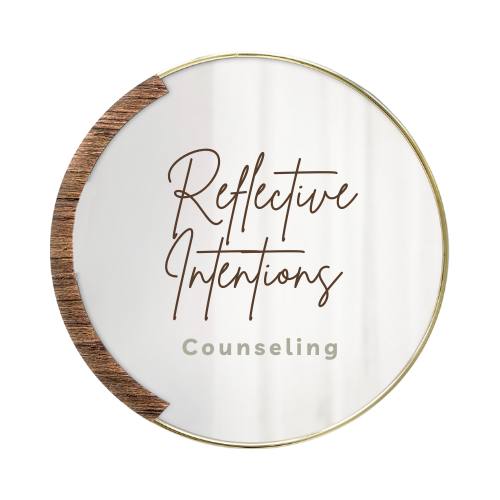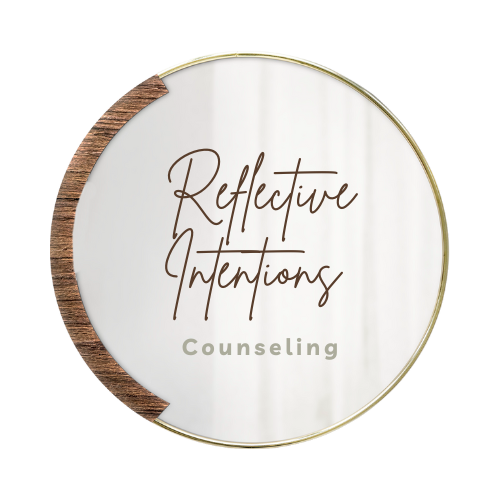Communication: A key to achieve interdependency
We've heard for years that a healthy relationship must have communication, the message that often gets lost here is that how you communicate is just as important as needing to.
Communication is the bridge between healthy relationships and secure attachment. Suppose we grew up in an environment in which our verbalized needs were bulldozed by an aggressive communicator. In that case, we might be turned off by the idea of having a conflict with anyone.
Here's what I often explain to my clients, someone else taking offense to your needs is usually a sign that they can't meet yours. Asking for basic respect, asking for others to not joke at your expense, is not too much; you're not too sensitive. They just don't know how to communicate or relate well to others.
So what are the forms of communication? Here are the basics I teach my clients: passive, aggressive, and assertive. Recognizing which communication you utilize will help you understand what point to work on. We can wish all day that others could just say the perfect thing. Ultimately boundaries and your ability to advocate for yourself are your responsibility. Waiting for others to relate to you in the way you need or want them to will often leave you feeling disappointed and resentful. Not because they don't want to treat you well but because you haven't done your part in telling them how.
This idea of "if they loved me, they would know" is a harmful and unproductive way of thinking. People need to be given parameters off which to operate because what is important to you may not be important to someone else- and that's okay. People are not extensions or reflections of us – something I learned recently as I began healing from my insecure attachment style. They are their own selves with their own perspectives. The key is to communicate and receive the messages with understanding and respect. The goal of effective communication is to listen to understand, not respond. You're not required to agree to understand someone else's perspective.
Let's dig a little deeper into the characteristics of a passive communicator:
A passive communicator tends to prioritize the wants and needs of others at the risk of themselves. This person says things like "I guess that's okay," yet they feel uncomfortable in their response; there is no confidence because they're not actually stating their want or need. They're acquiescing to the wants and needs of others, usually for fear of rejection or being perceived as "the bad guy." The problem with this is that passive communicators are often taken advantage of even by well-meaning people who need to be made aware of the needs of the passive communicator.
Here's the thing, people do not mind readers, and it is unfair to treat them so.
Aggressive communicators prioritize their needs and wants without considering the needs and desires of others. Prioritizing yourself is not a bad thing; that's the way we maintain our boundaries. The difference here is that an aggressive communicator will minimize or trivialize the needs and wants of others to try to convince them that their needs/wants matter. Consider this almost like the "fight" response, whereas the passive communicator is the "flight or freeze." Individuals who communicate via gaslighting tactics usually fall into an aggressive form of communication. Please note that not everyone with unhealthy behaviors is inherently a narcissist, as TikTok would have you believe. Some people are unaware that their communication is unhelpful because they don't know how else to communicate. Aggressive communicators also tend to be overbearing in conversations and may use insults and put-downs to undermine or exert power/control over the other person.
Our forms of communication derived from the place we learned them- our childhood! Let's engage in conversation with others. In that case, if we state our needs and wants, we can open a discourse of conversation and resolve A LOT of conflict within our relationships. Those that don't have an interest in changing their behavior are doing you a service by letting you know that you don't have to waste your time, energy, and precious resources on this person who does not value you enough to recognize that they, too, have harmful tendencies that are not conducive to a healthy relationship.
If you resonated with either of these, that's OKAY! There's no shame; don't judge yourself; you're not horrible or weak. This is some work you have to do so that you may have the relationships that you deserve.
Lastly, let's talk about assertive communication. An assertive communicator takes into account their needs and wants first BUT will also acknowledge the needs and wants of others. The best way to do this is to compromise. For example: "I cannot take you to their airport today. I am tired. However, if you leave me the details of your arrival, I may be able to pick you up, dependent on my schedule." Here's the other beautiful thing about communicating assertively- YOU DON'T HAVE TO LIE. Your reason, even if it is just that you are tired, is ENOUGH. You are not required to sacrifice yourself for others to deserve their love, respect, and regard. Remember, you consider your needs and wants first, then communicate your capacities to give to others. We will not shut down people like an aggressive communicators. Still, we will not build resentment or forget ourselves like the passive ones.
Something I always caution my clients about is that a person who will no longer benefit from your lack of boundaries will always view assertive communication as a form of disrespect, lack of consideration, and a slight against them. Remember that people who do not have boundaries also benefit from others who don't have boundaries. Relationships don't have to be transactional, but they work best when reciprocal.
Stay intentional, everyone!

